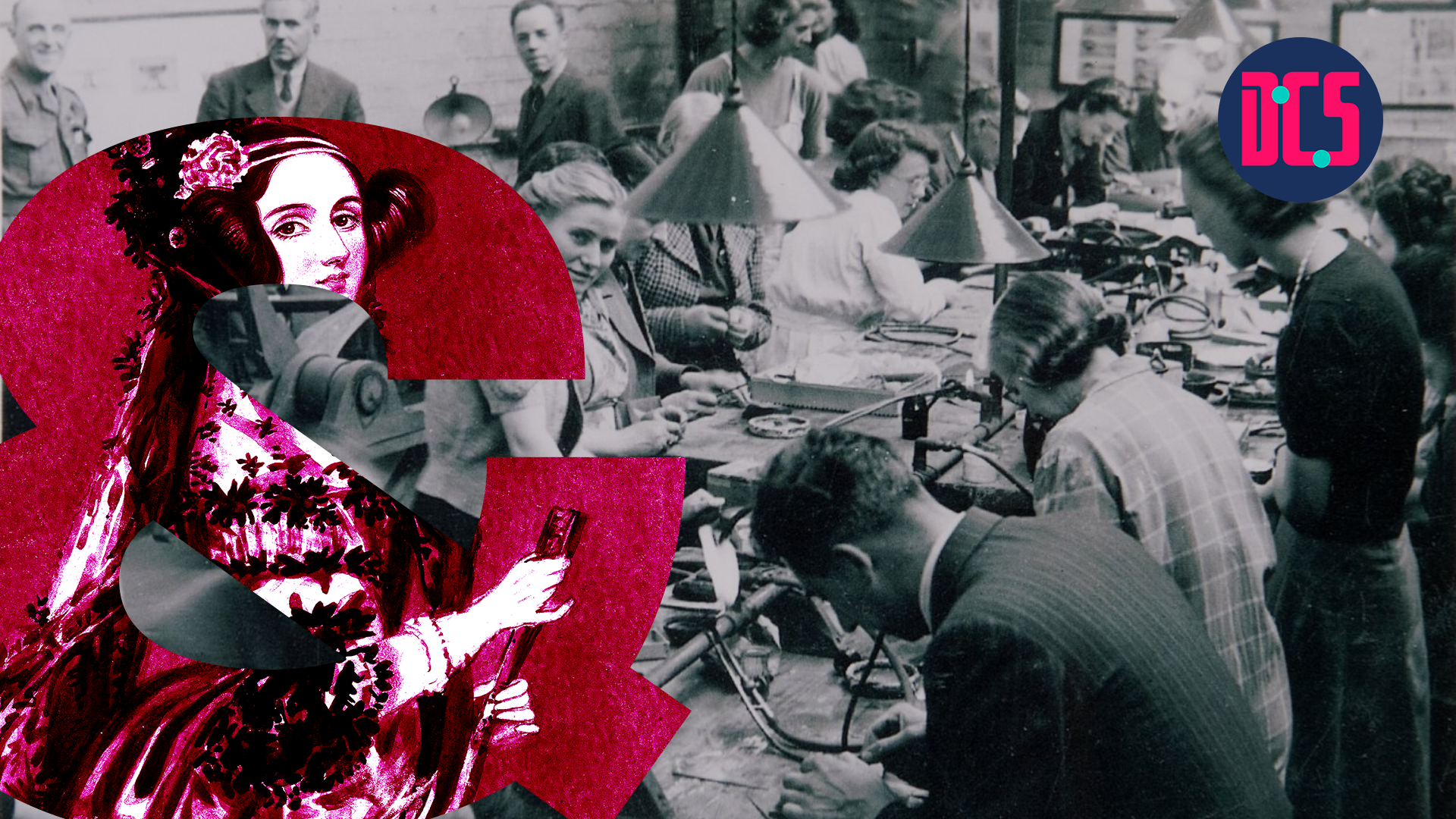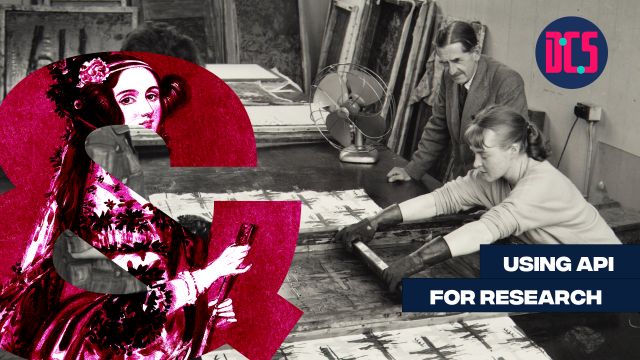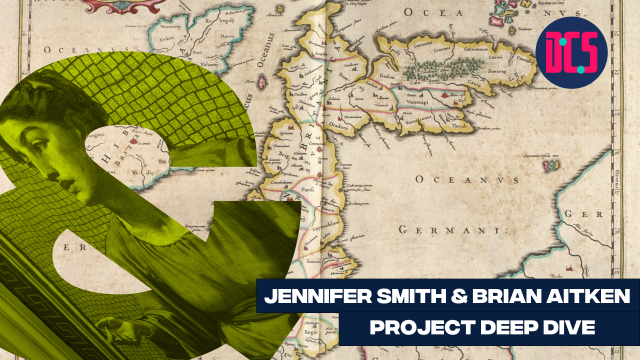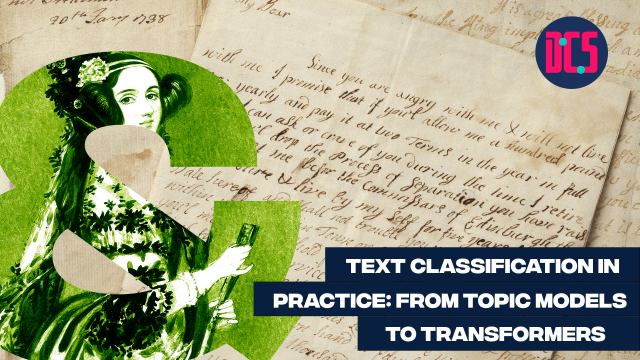Getting Started with R for Research

In person
This is a beginner-friendly course with a focus on developing skills and a fundamental understanding of R and RStudio. The first session offers a very basic introduction to R and RStudio, with a focus on active participation in using the software. It focuses on getting set up using R through the RStudio interface. It will introduce students to R Projects, working directories, and the RStudio interface. It will also introduce students to the basic functionalities of R (calculations, variables, data types) and R packages.
The second session focuses on working with and manipulating data. This covers basic processes like importing data, renaming, reordering, or changing data, and merging data frames. The last part will then introduce pipes and data export.
The course will ultimately develop a familiarity with the principles and functionalities of R and RStudio, allowing attendees to confidently apply these, or indeed seek out new concepts, for their current and future research.
This course will be taught by Aybuke Ataly and Alex Crest.
After taking part in this event, you may decide that you need some further help in applying what you have learnt to your research. If so, you can book a Data Surgery meeting with one of our training fellows.
More details about Data Surgeries.
Those who have registered to take part will receive an email with full details on how to get ready for this course.
If you’re new to this training event format, or to CDCS training events in general, read more on what to expect from CDCS training. Here you will also find details of our cancellation and no-show policy, which applies to this event.
Level
This is a beginner-friendly course. No previous knowledge on the topic is required/expected, and the trainer will cover the basics of the method.
Learning Outcomes
- Be able to use and navigate R and RStudio, and write basic code with them.
- Understand how to install packages, load libraries, and use functions.
- Familiarise with various aspects of data wrangling, e.g. summarising data with R.
- Understand the basics of creating visualisations with R.
Skills
By attending this course, you will familiarise yourself with the following skills
- Write and edit R code in RStudio using R Markdown files
Manipulate data using R and R Studio
Explore More Training:
- A Pipeline for Data Wrangling and Manipulation with R
- From Images to Text: Working with OCR
- Foundations of Sentiment Analysis. Silent Disco
- Collecting Data from the Web: Foundation of Webscraping
- BYOD (Bring Your Own Data) Fest
Return to the Training Homepage to see other available events
Room 4.35, Edinburgh Futures Institute
This room is on Level 4, in the North East side of the building.
When you enter via the level 2 East entrance on Middle Meadow Walk, the room will be on the 4th floor straight ahead.
When you enter via the level 2 North entrance on Lauriston Place underneath the clock tower, the room will be on the 4th floor to your left.
When you enter via the level 0 South entrance on Porters Walk (opposite Tribe Yoga), the room will be on the 4th floor to your right.












